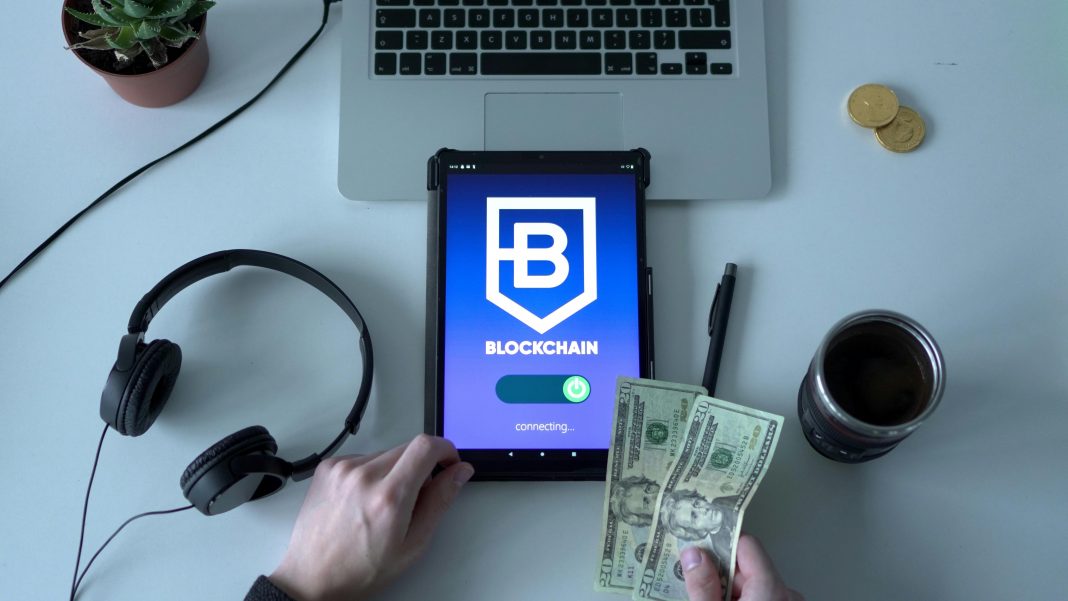The concept of the metaverse, a collective virtual shared space created by the convergence of virtually enhanced physical and digital reality, has captivated the imagination of technologists, investors, and consumers alike. As this digital universe expands, its potential impact on the financial landscape is becoming increasingly significant, promising to redefine how we think about currency, investment, ownership, and even the nature of financial transactions themselves. This article delves into the transformative possibilities the metaverse holds for the financial sector, exploring both the opportunities and challenges it presents.
The Metaverse Economy: An Overview At its core, the metaverse economy is built on digital assets, virtual goods, and services that exist within these immersive online spaces. From virtual real estate to digital fashion, the range of tradable assets is vast and varied, creating new revenue streams and investment opportunities. This economy is facilitated by blockchain technology, non-fungible tokens (NFTs), and cryptocurrencies, which provide the infrastructure for secure, transparent transactions.
Impact on Financial Instruments and Transactions:
- Cryptocurrencies and Digital Wallets: The metaverse accelerates the adoption of cryptocurrencies as the primary medium of exchange for digital assets, necessitating secure digital wallets and robust encryption technologies.
- Tokenization of Assets: The concept of NFTs allows for the tokenization of virtual (and potentially physical) assets, making them uniquely identifiable and tradable within the metaverse. This could extend to real estate, artwork, and even identities.
- Decentralized Finance (DeFi): The metaverse could become a significant platform for DeFi applications, offering financial services such as lending, borrowing, and insurance without traditional intermediaries like banks.
Opportunities for Investors and Businesses:
- New Investment Avenues: The growth of the metaverse opens up new investment avenues in virtual real estate, digital goods, and metaverse infrastructure (platforms, security, payment systems).
- Brand Engagement and Marketing: For businesses, the metaverse offers innovative ways to engage with customers, from virtual stores and showrooms to interactive experiences that blend entertainment and commerce.
- Growth of Virtual Marketplaces: The expansion of virtual marketplaces within the metaverse will provide platforms for small businesses and individual creators to reach global audiences, democratizing access to the digital economy.
Challenges and Considerations:
- Regulation and Security: The decentralized nature of the metaverse poses significant challenges for regulation and security. Ensuring safe transactions, protecting against fraud, and establishing regulatory frameworks will be critical.
- Digital Divide: There’s a risk that the metaverse could exacerbate the digital divide, with access to digital assets and opportunities in the metaverse economy being limited by socioeconomic status and technological access.
- Environmental Concerns: The energy consumption associated with blockchain technology and NFTs raises environmental concerns. Sustainable practices will be essential for the long-term viability of the metaverse economy.
The metaverse represents a frontier of digital innovation with the potential to significantly impact the financial landscape. By creating new investment opportunities, transforming financial services, and revolutionizing traditional industries, it offers both vast possibilities and considerable challenges. As the metaverse continues to evolve, staying informed and adaptable will be crucial for businesses, investors, and regulators navigating this emerging digital universe.


